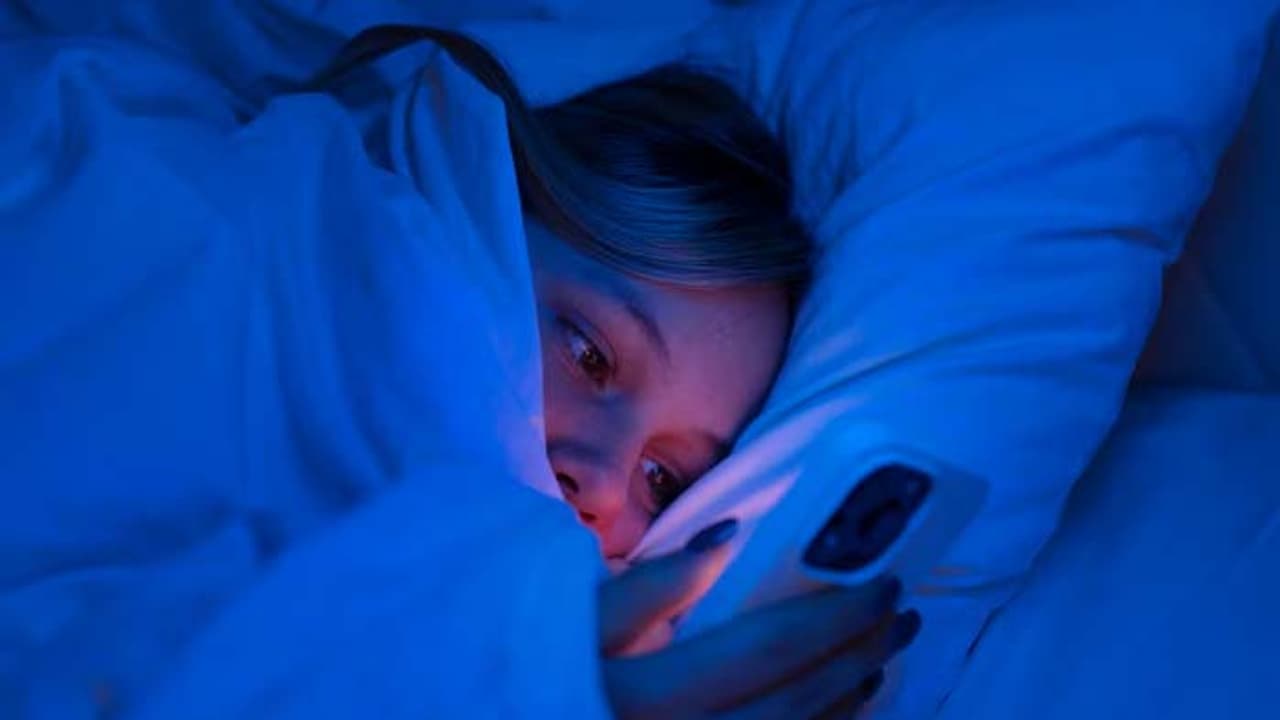Excessive blue light exposure disrupts sleep cycles, but science-backed strategies can help you regain restful nights and improve overall well-being.
Blue light from screens can disrupt sleep by preventing the production of melatonin and suddely changing your natural rhythm. It has been proven by science that limiting screen use prior to going to bed improves sleep and overall health. This book explores the fact about blue light and how to handle its impact in the right way.

Science backed truth about blue light and sleep disruption:
1. Blue Light Science
Blue light is high-energy visible (HEV) from screens, LED bulbs, and even the sun. Though the rays from the sun dictate our circadian rhythm, too much exposure to artificial blue light, particularly at night, can disrupt sleep patterns.
2. How Blue Light Interferes with Melatonin Production
Melatonin is the hormone that tells our body that it's time to sleep. Studies reveal that exposure to blue light inhibits the secretion of melatonin, and it becomes more difficult to sleep as well as decreasing the quality of sleep. The effect is more visible when you expose yourself later in the night.
3. Disrupting the Circadian Rhythm
Our body has an internal sleep-wake cycle known as the circadian rhythm. Blue light is misleading to the brain that daylight continues to exist, prolonging the body's response to sleeping. It causes insomnia, less sleep time, and morning drowsiness.
4. Long-Term Effect on Sleep Health
Long-term exposure to blue light from devices' screens can lead to chronic sleep disorders, frequent sleep disorders, and even fatigue diseases. Sleep loss has been shown to result in impaired immune functions, mood disorders, and mental deficiencies.
5. Reducing Blue Light Exposure at Bedtime
Employ screen filters or blue light-blocking glasses.
Enable "Night Mode" or "Blue Light Filter" on your devices.
Steer clear of screens for at least an hour before going to sleep.
Choose warm, soft light in the evening.
Swap relaxing activities that don't include a screen, such as reading or meditation.
6. Natural Resetting of Your Sleep Rhythm
If blue light has disrupted your sleep, you can reset your rhythm by:
Taking a morning sun exposure to naturally control melatonin levels.
Having regular sleep and wake times.
Using mindfulness skills to wind down before bed.
Limiting exposure to artificial blue light can make for better nights, better focus, and overall better health. Digital detox is more than a trend—indeed, more than a flash-in-the-pan fad. It's science-backed solution to better sleeping.


